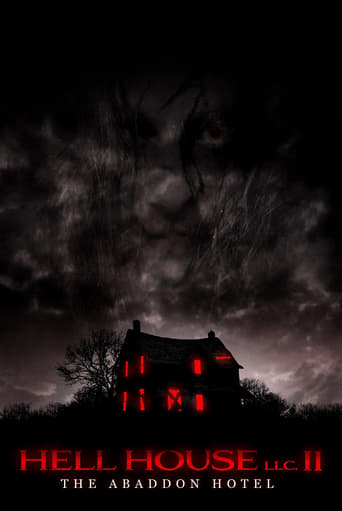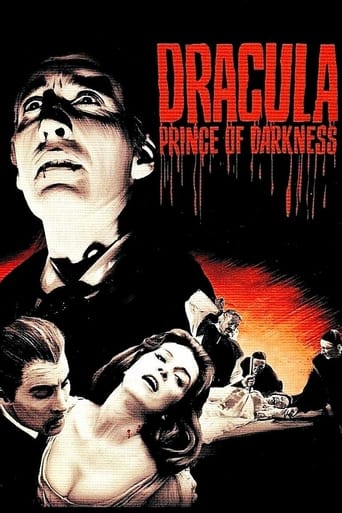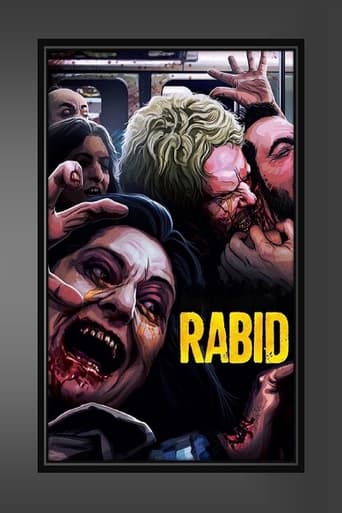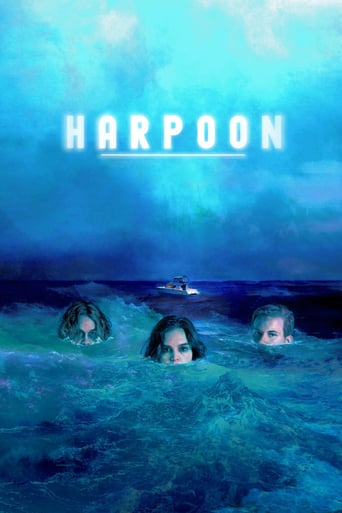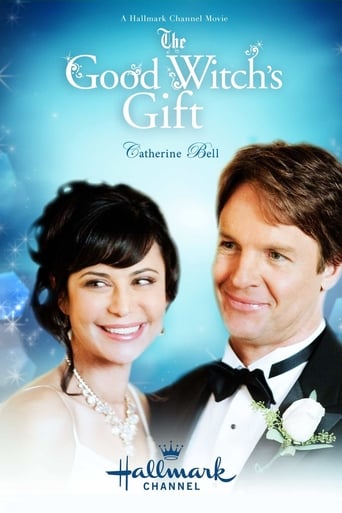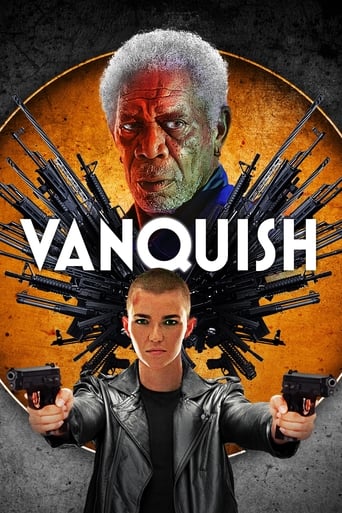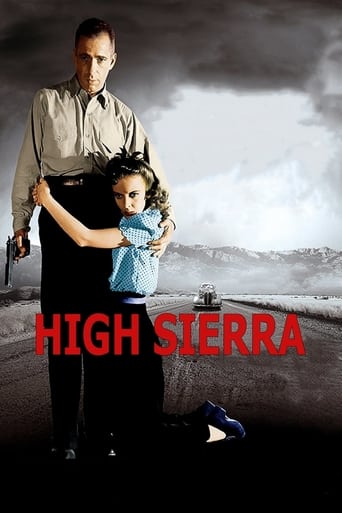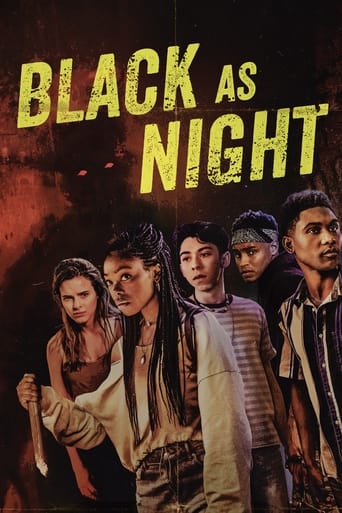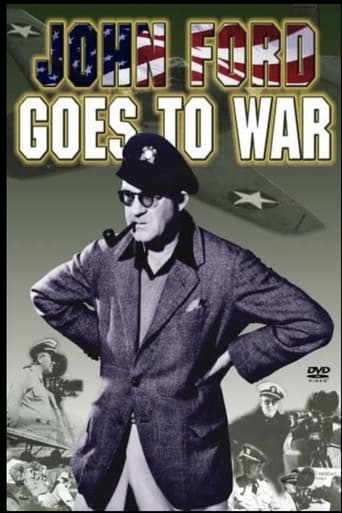


John Ford Goes to War
When World War II broke out, John Ford, in his forties, commissioned in the Naval Reserve, was put in charge of the Field Photographic Unit by Bill Donavan, director of the soon-to-be-OSS. During the war, Field Photo made at least 87 documentaries, many with Ford's signature attention to heroism and loss, and many from the point of view of the fighting soldier and sailor. Talking heads discuss Ford's life and personality, the ways that the war gave him fulfillment, and the ways that his war films embodied the same values and conflicts that his Hollywood films did. Among the films profiled are "Battle of Midway," "Torpedo Squadron," "Sexual Hygiene," and "December 7."
-
- Cast:
- Kris Kristofferson , Peter Bogdanovich , Oliver Stone , Leonard Maltin , F. X. Feeney


Similar titles
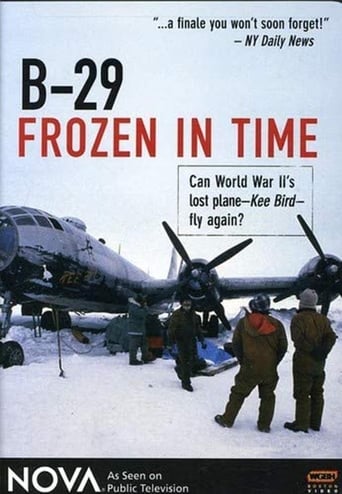
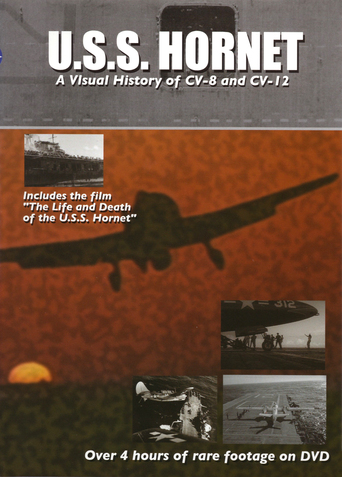
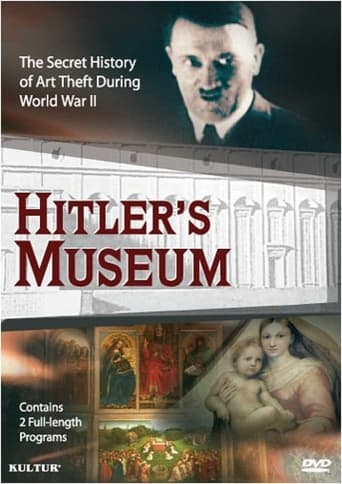
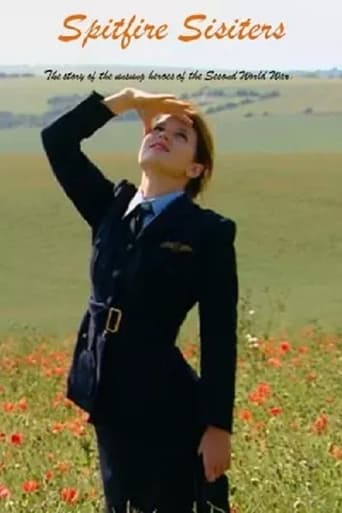
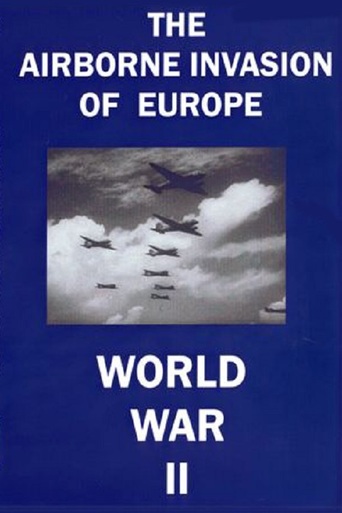

Reviews
Good concept, poorly executed.
From my favorite movies..
a film so unique, intoxicating and bizarre that it not only demands another viewing, but is also forgivable as a satirical comedy where the jokes eventually take the back seat.
Very good movie overall, highly recommended. Most of the negative reviews don't have any merit and are all pollitically based. Give this movie a chance at least, and it might give you a different perspective.
John Ford was a great filmmaker--that cannot be denied. He had a knack for creating a very sentimental view of life that was very appealing and he received several Oscars for this work. However, I also know from some documentaries on the guy that although he was talented, he also could be a complete son of a .....well, you know what I mean. At times, he seemed to take delight in bullying some of his actors for kicks and often mistreated actors to get great performances. As a human being, he seemed to be quite lacking at times--yet others have described him as being gruff but sweet. I am not sure who the man really was--I suspect he was indeed a little of each. However, one aspect of his life that is just glossed over is his involvement with the US Naval Reserves--not just during WWII but in the years that followed. This film makes up for that omission and discusses this very interesting part of his life. And, in the process made me respect and appreciate Ford as a human being...at least more than I had.The film is made up of lots of archival clips, clips of Ford's propaganda documentaries for the Navy and various interviews--most of which seem second-hand since the film was made so many years after Ford's death. In fact, this is the biggest weakness of the film--had it been made decades earlier, it could have featured more interviews with folks who actually knew Ford well. Still, it's well worth seeing.
This is almost a textbook example on how to take a fascinating subject and make a boring poorly made documentary out of it.John Ford Goes to War highlights Ford’s extraordinary service during World War 2 when he and his various crews filmed the war from Midway to India to Burma to Normandy, and the war trials afterwards. It’s like a real life Winds of War. Ford himself carried the hand held camera on Midway as bombs landed just feet away from Japanese planes. He had a telephone in one hand calling in enemy positions to headquarters while he filmed with the other.A fascinating story like this should make for a fascinating documentary... it doesn’t.For one thing the movie seems to be under the mistaken impression that World War 2 took place in the 1840’s not the 1940’s. Now I know Ford was best known for his westerns but this film isn’t about his westerns it is about his work during WW2. In addition Ford’s personal life at this time was more Jimmy Buffet than Eddie Dean. So who do they get narrating the film? Kris Kristofferson.Kristofferson’s slow around the campfire drawl hits the viewer like a fistful of barbiturates and the along the trail Civil War era musical score doesn’t help either. And then we have the talking heads. The endless talking heads.You would think that a film that can use dramatic footage from “The Battle of Midway or “December 7th” or moving footage such as the smiling faces of the doomed crew of “Torpedo Squadron” wouldn’t cut away every minute, from the hours of available footage, to show some guy talking... and you would be wrong.Peter Bogdanovich and Leonard Maltin come across the best (though would it have killed Maltin to shave? I have I High Definition Television I really appreciate some personal hygiene before you get on camera.) Most of the others are people who wrote books and honestly should continue to write books.They do interview an actually cameraman who shot footage for Ford during the war. His experience is insightful, touching and moving so of course he is only on once for less than a minute.Anytime the documentary does show footage of Ford’s work, it seems to realize you may be getting interested and quickly swerves into another talking head. This teasing us into a complacency of enjoyment and engagement before another talking head breaks the mood is a strange form of torture. It’s as if the movie has a strange puritan streak that wishes you not to actually enjoy yourself.Speaking of a strange puritan streak... I have left the best for last. Apparently John Ford ran over Oliver Stone’s kitten while backing out of his driveway in 1971. There is almost no other explication for Stone’s bizarre vitriol against the man. Apparently if Stone was a filmmaker in 1940 he would have been doing documentaries on how the Japanese are victims of American Expansionism and how the D-Day invasion at Normandy was yet another example of American Colonialism.I would normally say hearing Stone rail against Ford for being historically inaccurate would be worth the price for admission. But alas no. The viewer is better off... much better off finding Ford’s original documentaries uncut. (And if you want to see Stones version of historical accuracy I believe Alexander has a new 240 minute cut available on DVD)
John Ford Goes to War (2002) *** (out of 4) Pretty good documentary discussion director John Ford's years in WW2. Peter Bogdanovich, Oliver Stone, Leonard Maltin and Dan Ford, the director's grandson, are just some of the people interviewed. We get to hear stories on why Ford wanted to do those documentaries during WW2 and we also get clips from the films as well as stories behind their making. The Battle of Midway, December 7th, Sex Hygiene and Torpedo Squadron are just a few of the films discussed. Also discussed are a few films he might have directed that no one has seen yet but the best talk comes about the production of December 7th and the differences between the two versions. I guess it goes without saying but Stone has some very harsh word about Ford over the making of these films.
You do get to hear Oliver Stone trash John Ford for being a government shill. That and an overabundance of talking heads who talk and talk but sometimes don't say much slow this down. You finish the film thinking, I didn't really see much of what Ford actually did on film during the war and what you do see leaves you with the impression that if this is the best stuff from those films maybe you don't need to see anymore. It's kind of impressive the people they got to interview but what they chose either to ask or to use from what they said is not impressive--and mostly impersonal.It's great they made this film but the writing assumes too much in some cases, making a case that John Ford was a drunken bastard wanna be as a personality, but not letting us appreciate the war films or understand just how it (the war) affected him. Though the voice over says it changed him there is no answer as to how.Most interesting footage is home movie footage of the elusive Ford on his boat and at some vet functions. You get to watch him guzzle a beer and flip off the camera. Kris Kristopherson offers his own, last stool at the end of the bar, style narration that seemed to fit the Sam Peckinpah documentary more than it fits this. Again though the fault may mostly be with the writing here.Some of the other most interesting footage is that cut out of the December 7th movie, cut by Ford. The long version of the film, Dec 7 that is, looks like a strange curio in deed and I didn't know that Greg Toland the DP really wanted to direct--though it seems the relative failure of this wartime film helped stop that from happening.Peter Bogdanavich adds a funny and revealing story (and impersonation) about Ford during the end credits. Too little too late.

